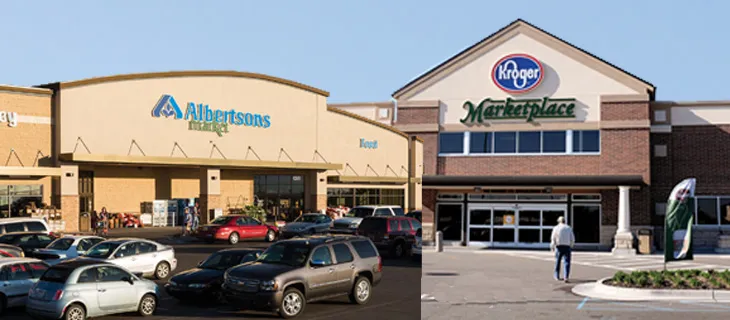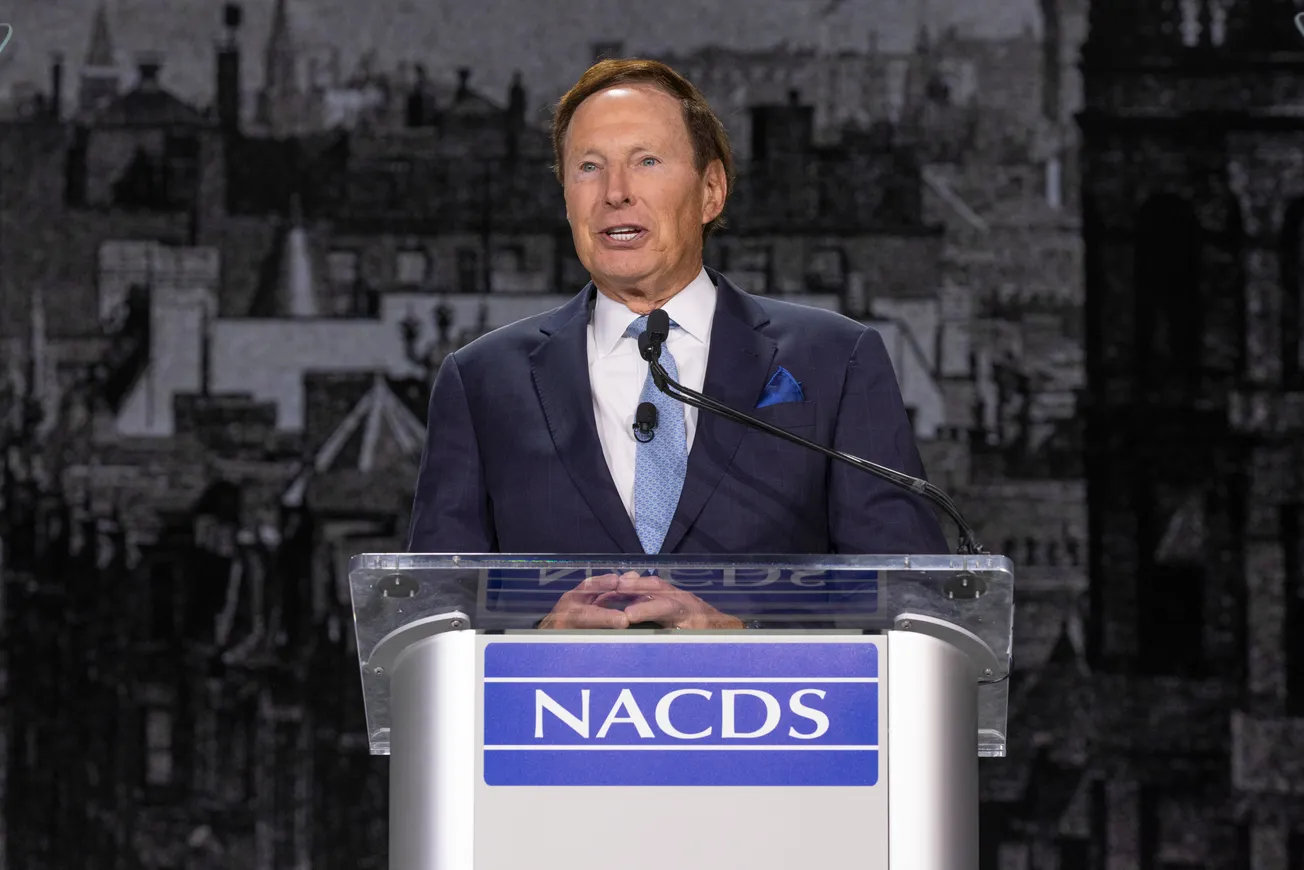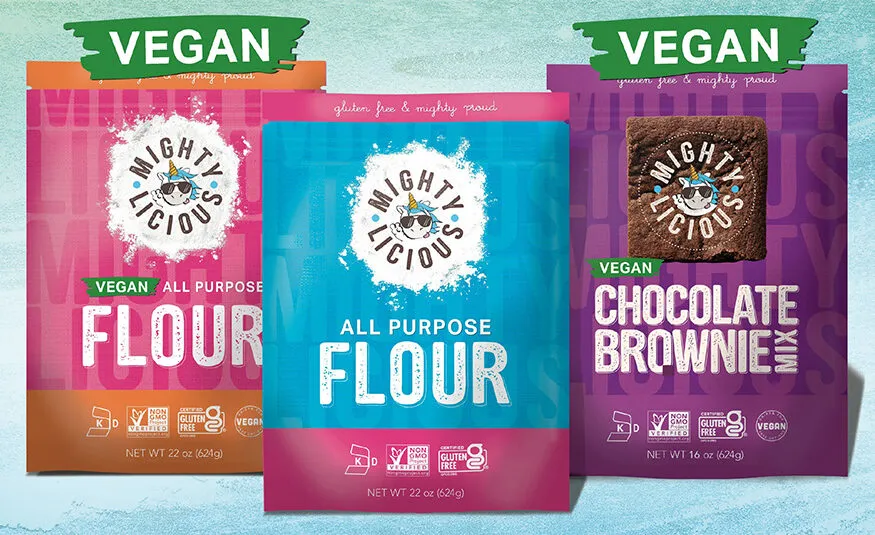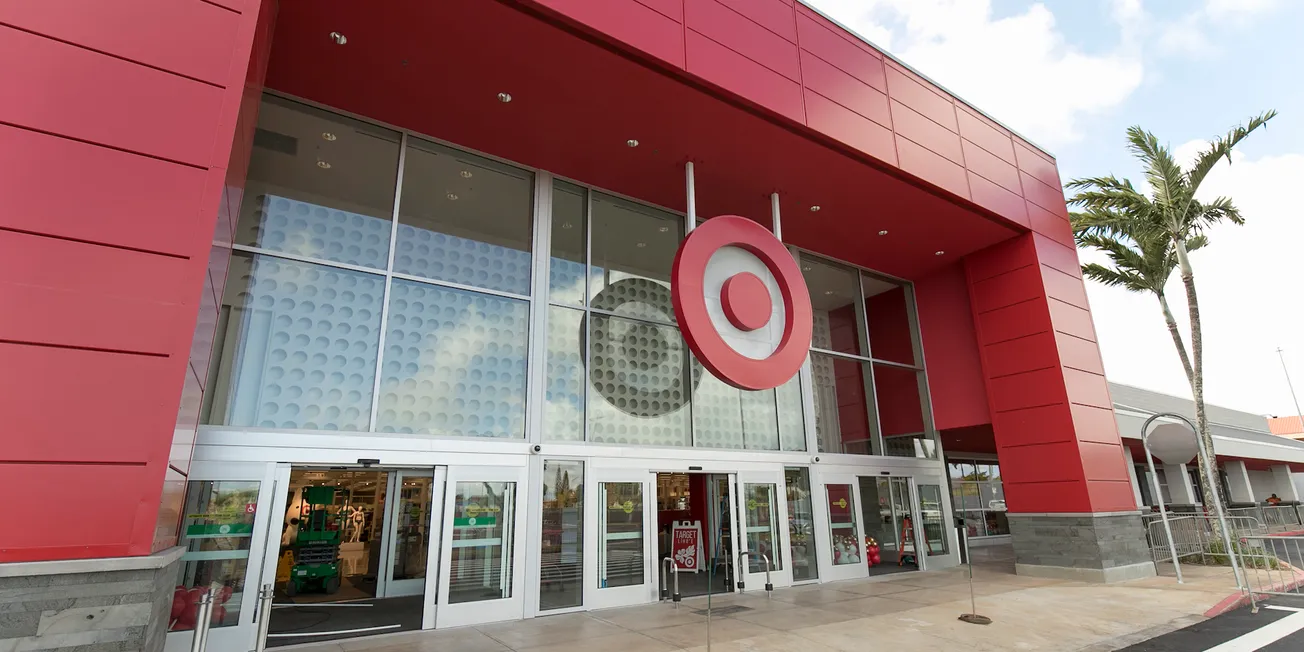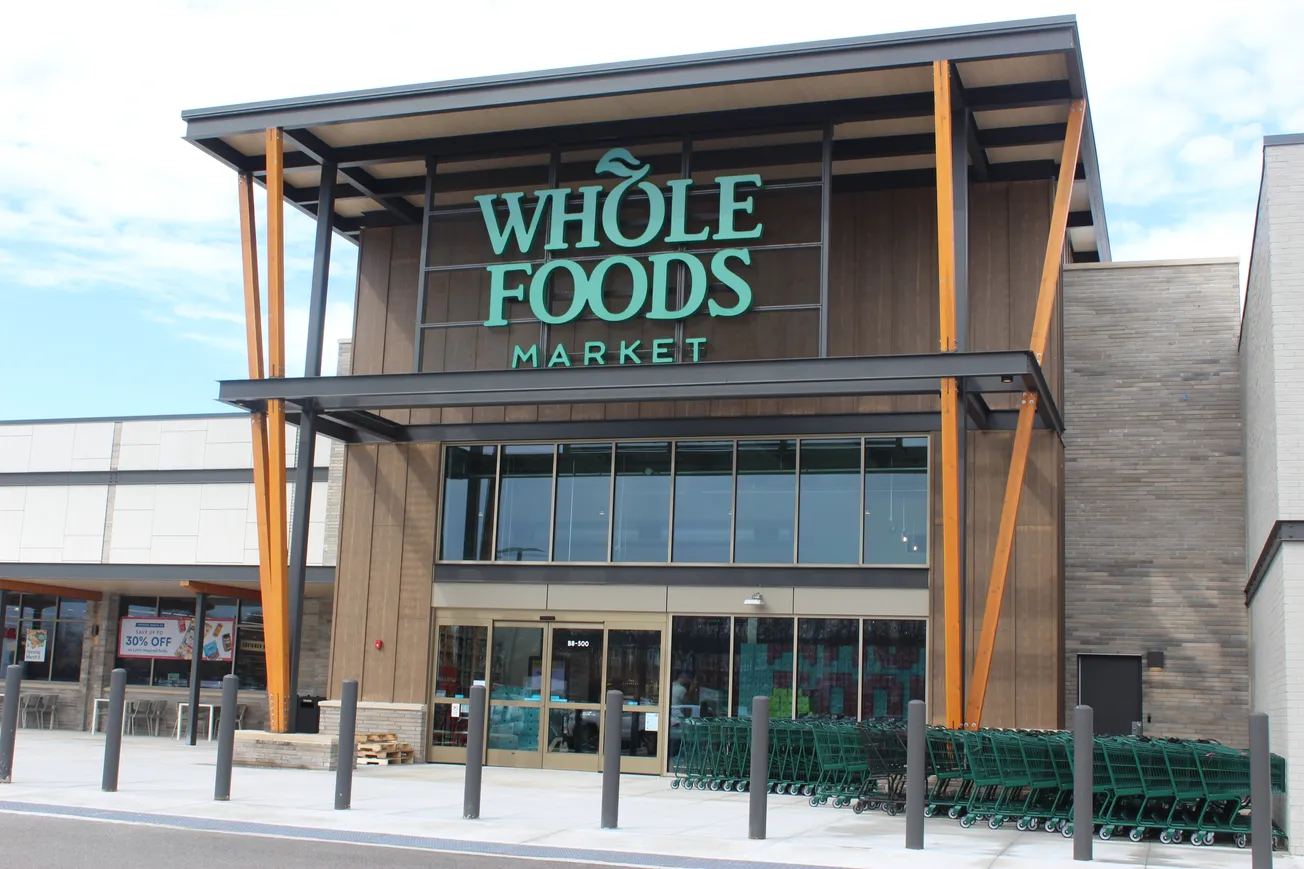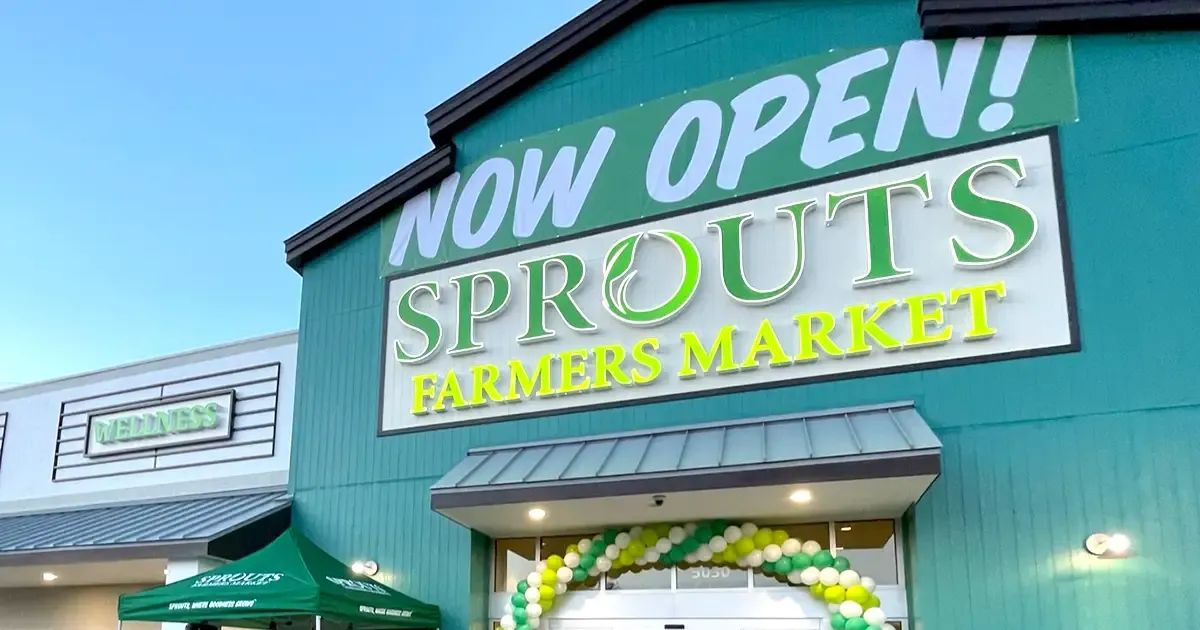WASHINGTON — The Federal Trade Commission has filed a lawsuit to block Kroger’s proposed $25 billion merger with Albertsons Cos., contending that consumers will see higher prices and workers will see lower wages if the deal goes through.
“This supermarket mega merger comes as American consumers have seen the cost of groceries rise steadily over the past few years,” Henry Liu, Director of the FTC’s Bureau of Competition, said in a statement. “Kroger’s acquisition of Albertsons would lead to additional grocery price hikes for everyday goods, further exacerbating the financial strain consumers across the country face today. Essential grocery store workers would also suffer under this deal, facing the threat of their wages dwindling, benefits diminishing, and their working conditions deteriorating.”
Kroger pushed back against that narrative, arguing that its planned merger with Albertsons actually would benefit consumers and that blocking the deal would hurt them.
“Contrary to the FTC’s statements, blocking Kroger’s merger with Albertsons Companies will actually harm the very people the FTC purports to serve: America’s consumers and workers,” the company said in a statement. “Kroger’s business model is to take costs out of the business and invest in lowering prices for customers. Kroger has reduced prices every year since 2003, resulting in $5 billion invested to lower prices and a 5% reduction in gross margin over this period. This business model is immediately applied to merger companies. Kroger has a proven track record of lowering prices so more customers benefit from fresh, affordable food, and our proposed merger with Albertsons will mean even lower prices and more choices for America’s consumers.
“The FTC’s decision makes it more likely that America’s consumers will see higher food prices and fewer grocery stores at a time when communities across the country are already facing high inflation and food deserts. In fact, this decision only strengthens larger, non-unionized retailers like Walmart, Costco and Amazon by allowing them to further increase their overwhelming and growing dominance of the grocery industry.”
The statement said that Kroger and Albertsons “look forward to litigating this action in court so we can deliver the benefits of this merger to communities across America — lower prices, more choices, and more good-paying union jobs for decades to come.”
It said that the merger would produce meaningful and measurable benefits for customers, associates and communities across the country,” noting that no stores, distribution centers or manufacturing facilities would close as a result of the merger, including those divested to C&S Wholesale Grocers.
The divestiture plan “builds on the benefits of the merger,” Kroger said, calling C&S “an industry leader in wholesale grocery supply and supply chain solutions, with a strong track record as a successful grocery retailer. Kroger and Albertsons took considerable steps to position C&S to successfully operate divested stores, the statement said, including providing it with strong teams, a cohesive network of stores supported by two regional headquarters, beloved banners and private label brands, and a robust operational infrastructure.
“In addition to ensuring no store closures as a result of the merger, the divestiture plan will extend a competitor to new geographies and will maintain all current collective bargaining agreements, which include industry-leading healthcare and pension benefits, bargained-for wages, and ensuring frontline associates remain employed,” the statement added.
The FTC said it has issued an administrative complaint and authorized a lawsuit in federal court to block the proposed acquisition pending the Commission’s administrative proceedings. A bipartisan group of nine attorneys general is joining the FTC’s federal court complaint.


